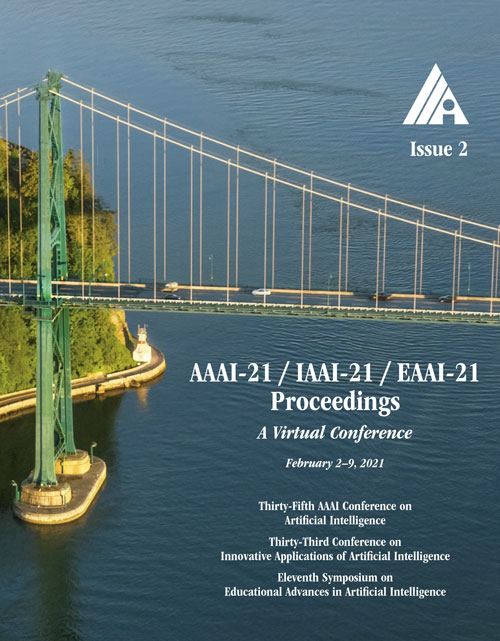DeepCollaboration: Collaborative Generative and Discriminative Models for Class Incremental Learning
DOI:
https://doi.org/10.1609/aaai.v35i2.16204Keywords:
Object Detection & Categorization, (Deep) Neural Network AlgorithmsAbstract
An important challenge for neural networks is to learn incrementally, i.e., learn new classes without catastrophic forgetting. To overcome this problem, generative replay technique has been suggested, which can generate samples belonging to learned classes while learning new ones. However, such generative models usually suffer from increased distribution mismatch between the generated and original samples along the learning process. In this work, we propose DeepCollaboration (D-Collab), a collaborative framework of deep generative and discriminative models to solve this problem effectively. We develop a discriminative learning model to incrementally update the latent feature space for continual classification. At the same time, a generative model is introduced to achieve conditional generation using the latent feature distribution produced by the discriminative model. Importantly, the generative and discriminative models are connected through bidirectional training to enforce cycle-consistency of mappings between feature and image domains. Furthermore, a domain alignment module is used to eliminate the divergence between the feature distributions of generated images and real ones. This module together with the discriminative model can perform effective sample mining to facilitate incremental learning. Extensive experiments on several visual recognition datasets show that our system can achieve state-of-the-art performance.Downloads
Published
2021-05-18
How to Cite
Cui, B., Hu, G., & Yu, S. (2021). DeepCollaboration: Collaborative Generative and Discriminative Models for Class Incremental Learning. Proceedings of the AAAI Conference on Artificial Intelligence, 35(2), 1175-1183. https://doi.org/10.1609/aaai.v35i2.16204
Issue
Section
AAAI Technical Track on Computer Vision I

